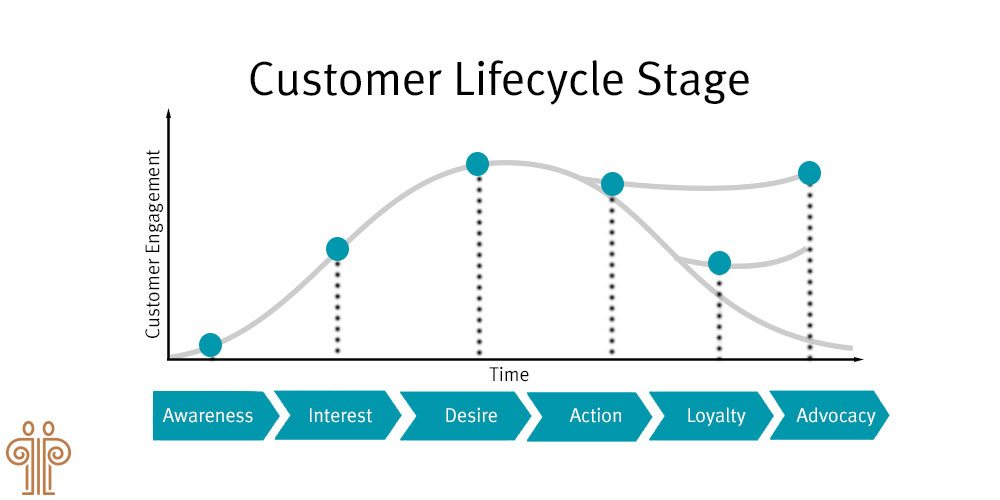Solar Innovations and Trends
Your source for the latest in solar technology and energy solutions.
From First Click to Last Game: Navigating Player Lifecycle Marketing
Unlock the secrets to player retention! Discover strategies for effective lifecycle marketing from first click to final game.
Understanding Player Personas: Tailoring Marketing Strategies from Onboarding to Retention
Understanding player personas is crucial for developing effective marketing strategies in the gaming industry. These personas represent the diverse characteristics, motivations, and behaviors of players that can influence their gaming experience. By segmenting players into distinct personas, developers and marketers can tailor their strategies from the onboarding process to long-term retention. For example, a casual gamer persona might appreciate a smooth and straightforward onboarding process, while a hardcore gamer persona may prefer deeper engagement through challenges and competitive features.
To effectively harness the insights gained from player personas, marketing teams should adopt a comprehensive approach that includes data analysis, player feedback, and behavior tracking. During onboarding, personalized tutorials and adaptive difficulty levels can significantly enhance player satisfaction, leading to higher retention rates. Furthermore, ongoing engagement strategies, such as targeted promotions and community-building initiatives tailored to specific player personas, can foster loyalty and sustained interest in the game. Ultimately, by understanding and addressing the unique needs of each player persona, marketers can create a compelling player journey that maximizes both player satisfaction and revenue potential.

Counter-Strike is a popular first-person shooter game that has captivated millions of players worldwide. Its competitive nature and strategic gameplay make it a favorite among esports enthusiasts. If you're looking to enhance your gaming experience, consider using a betpanda promo code to take advantage of some exciting offers.
The Importance of Data Analytics in Optimizing Player Journey and Engagement
In the highly competitive landscape of gaming, data analytics has emerged as a crucial tool for optimizing the player journey. By analyzing player behavior, preferences, and engagement levels, game developers can identify pain points and enhance the overall user experience. For instance, through the examination of in-game interactions and feedback, studios can pinpoint which features resonate with players and which aspects may need refinement. This iterative approach allows for a more tailored experience that not only keeps players engaged but also increases retention rates.
Moreover, leveraging data analytics offers significant benefits for increasing player engagement. By utilizing predictive analytics, developers can forecast player activities and trends, allowing for personalized marketing strategies and targeted content. Customizing in-game rewards and providing timely updates based on player preferences can significantly enhance the gaming experience, leading to higher satisfaction rates. In essence, the effective use of data analytics not only informs game design but also fosters a deeper connection between players and the gaming ecosystem.
How to Craft Compelling In-Game Experiences that Boost Player Lifetime Value
Creating compelling in-game experiences is essential for maximizing a player's lifetime value (LTV). One effective approach is to incorporate dynamic storytelling that adapts to player choices, thereby enhancing emotional investment. Players are more likely to engage long-term when they feel their decisions impact the game world. Implementing systems for player feedback can also play a vital role; allow users to share their ideas which can lead to the development of community-driven content. This not only fosters a sense of ownership but also increases their overall satisfaction, encouraging them to return for more.
Another strategy is to focus on reward systems that create a balanced sense of achievement and challenge. Utilizing loot boxes, skill trees, and seasonal events can keep players engaged. For instance, a well-structured tiered reward system can motivate players to log in regularly and participate in various activities. Furthermore, considering personalized experiences, such as customizable characters or unique challenges tailored to player skill levels, can enhance the feeling of progression and belonging. In turn, these tailored experiences significantly boost player retention and LTV, turning casual players into loyal fans.